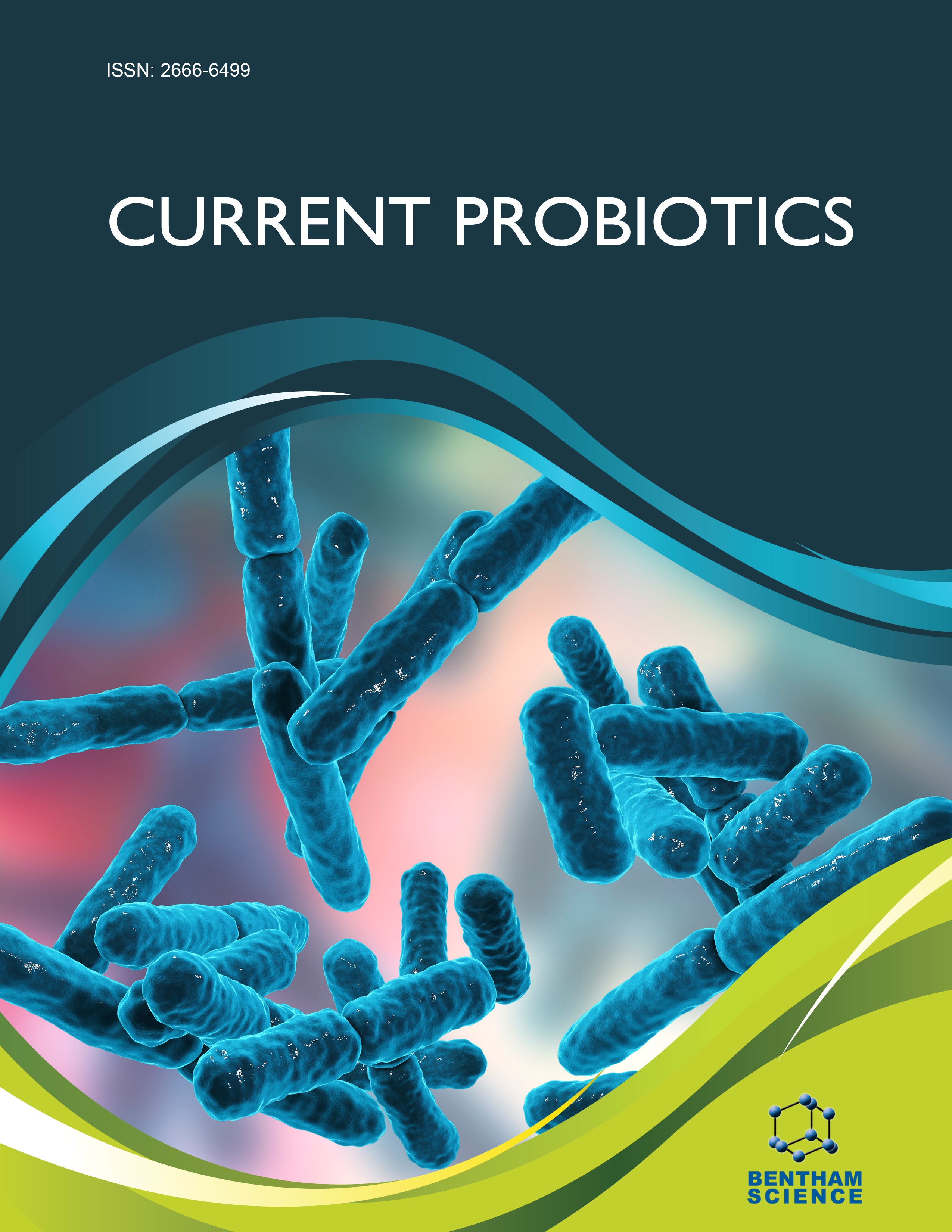
Full text loading...
Social housing changes are associated with diarrhea in macaques, presumably due to stress.
Since probiotics are utilized in humans for diarrhea, we tested the effectiveness of a species-specific probiotic, SDPro™ (composition: ~2 billion CFU each of live Lactobacillus reuteri and Saccharomyces boulardii), to prevent relocation-associated diarrhea. Assessments of the gut-microbiome and diarrhea severity were made. Behavioral observations and cortisol levels were examined after relocation to test the effects of the probiotic treatment.
The probiotic was administered to 60 juvenile macaques of both sexes (Probiotic +) and outcomes were compared to 60 control (Probiotic -) macaques. The effects on gut microbiome composition were analyzed via 16s microbiome analysis in half the animals from both groups. Social behaviors were monitored twice-weekly in the morning and afternoon for five weeks following 10-days of SDPro™ administration in 56 subjects and hair cortisol was assayed.
Probiotic administration altered beta, but not alpha, diversity, and caused changes in taxa abundance at the phylum, genus, and species levels. The Probiotic + group was enriched in Firmicutes, Clostridium, Lactobacillus and diminished in Bacteriodies (p’s < 0.05) compared to controls. Although SDPro™ did not alter diarrhea incidence following relocation, it reduced diarrhea severity in males only. Males also exhibited higher cortisol levels than females but there was no probiotic effect. Probiotic treatment had minor behavioral effects; the typical reduction in locomotion seen in the afternoon was eliminated.
The results suggest that SDPro™ may be a viable tool to prevent relocation-induced diarrhea in juvenile male macaques.

Article metrics loading...

Full text loading...
References


Data & Media loading...

